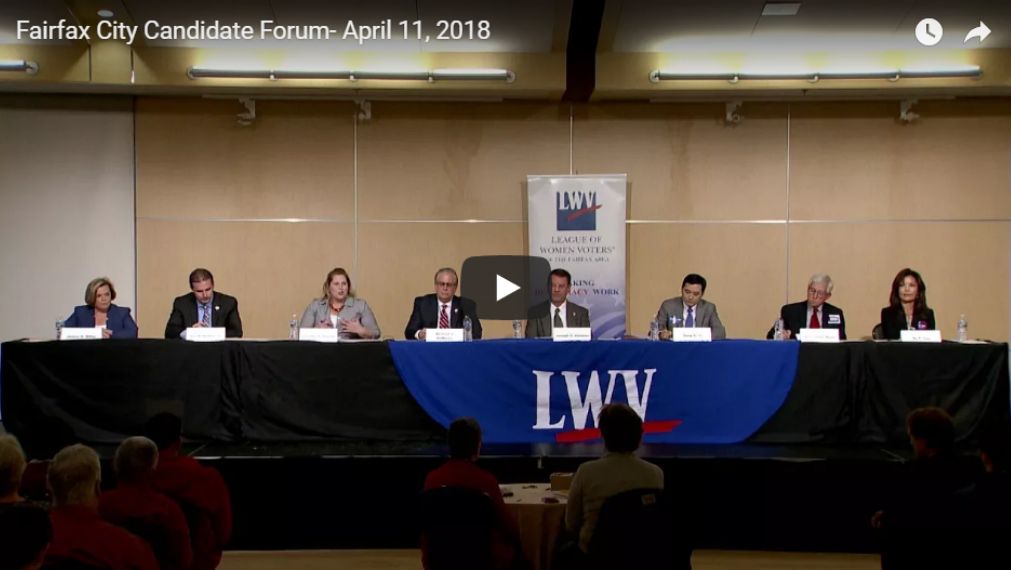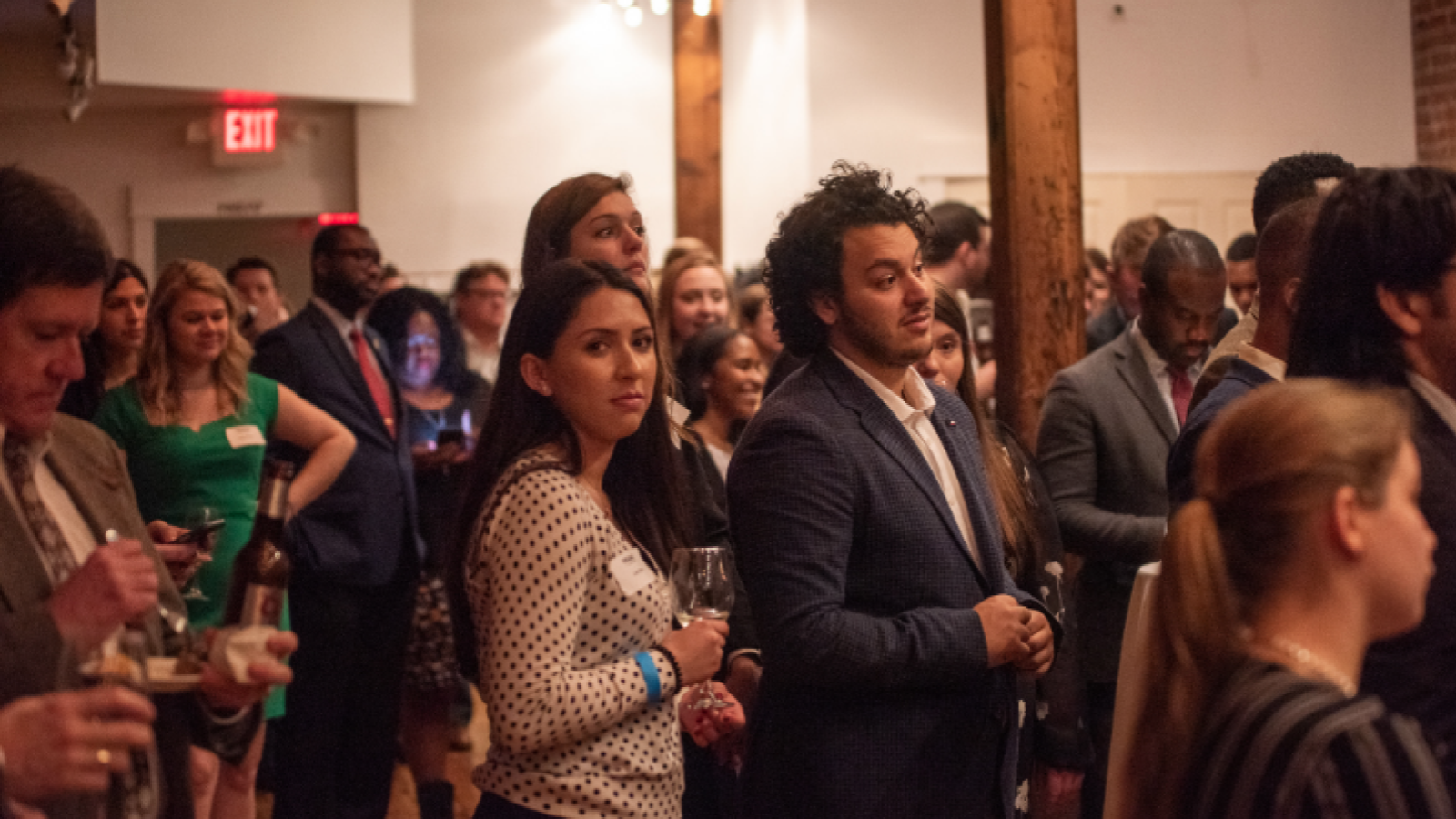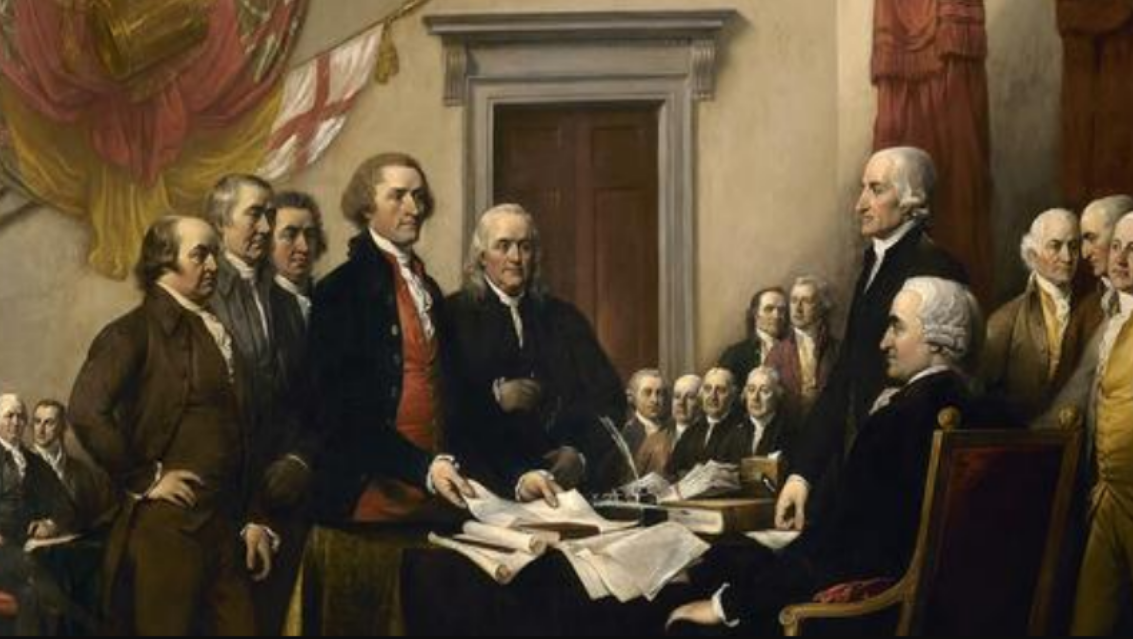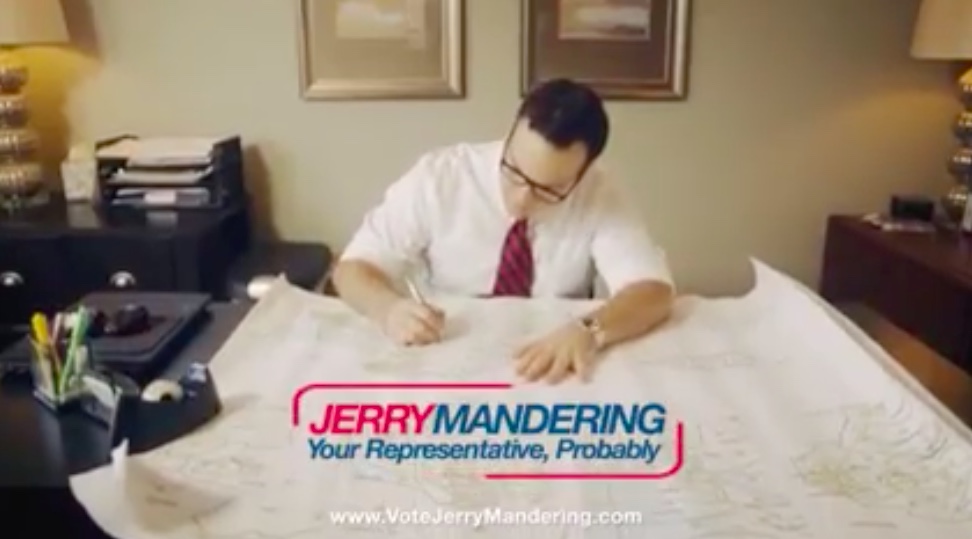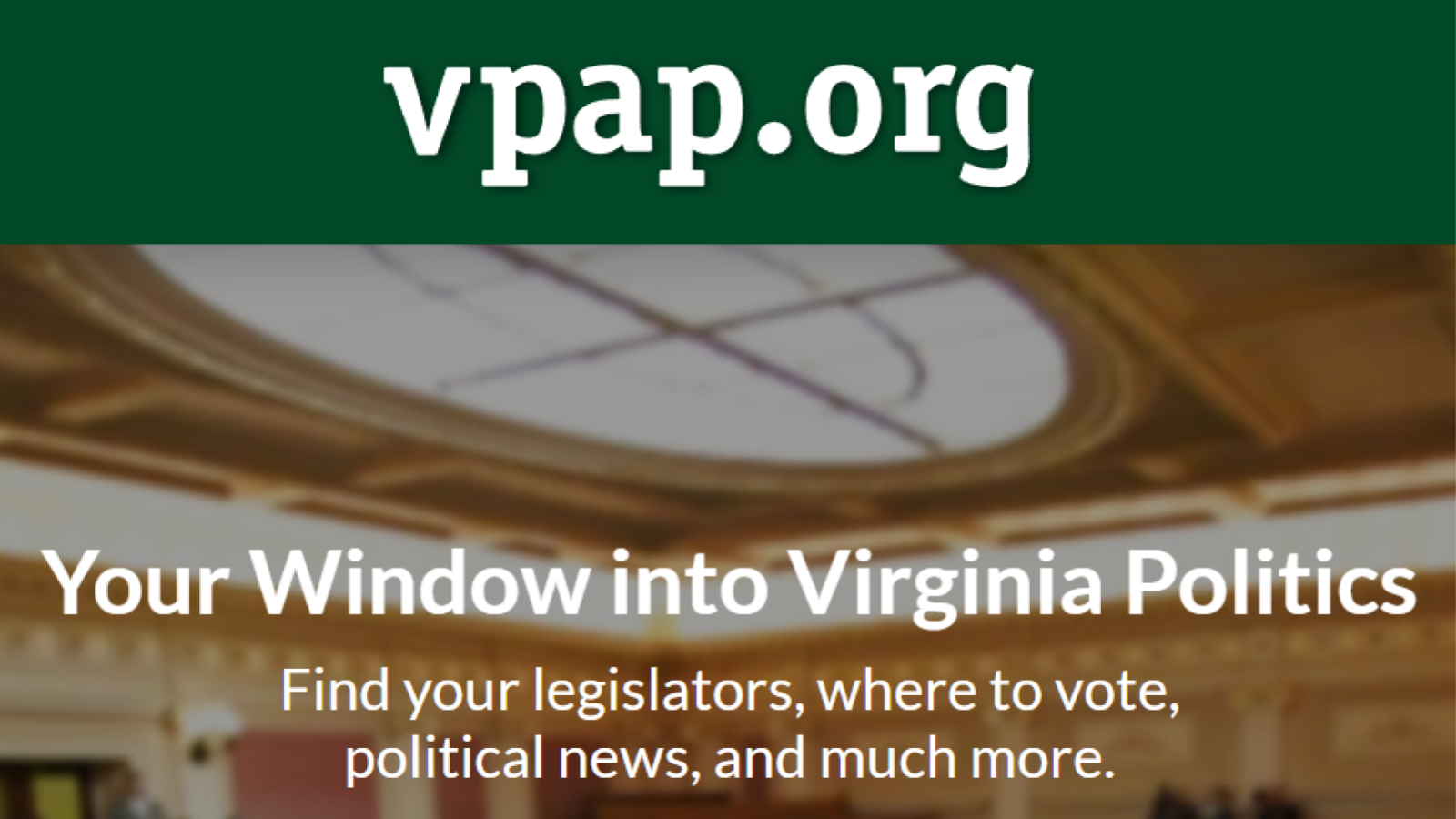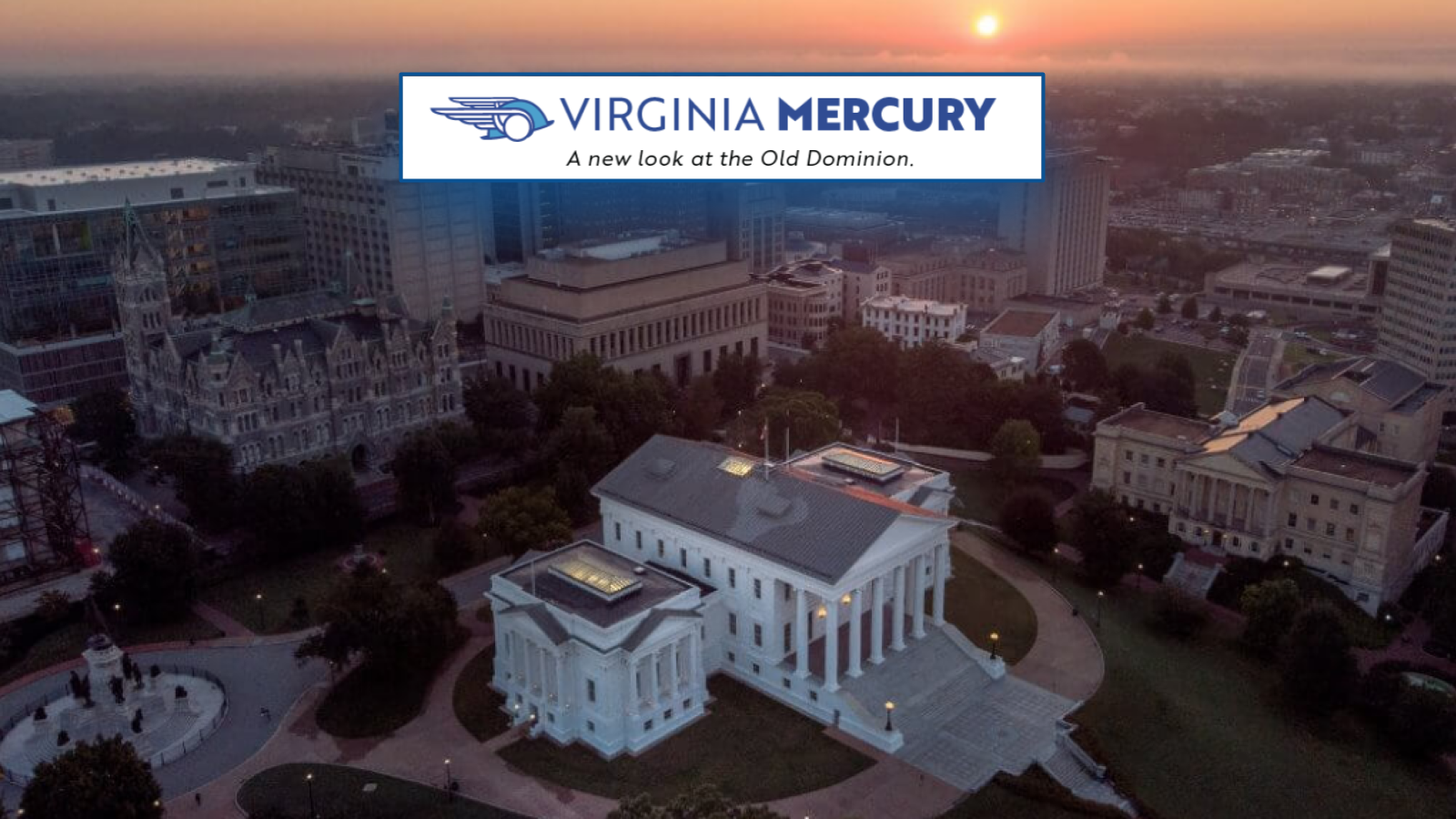The Virginia Mercury is an independent, nonprofit online news organization covering state government and policy. From the push to remove Confederate statues to big shifts in health care and energy policy, the Old Dominion is changing. The Mercury aims to bring a fresh perspective to coverage of the state’s biggest issues.
The news outlet, which also features original and guest commentary on a range of topics, is staffed full-time by five veteran Virginia newspaper journalists.
Current top news categories: Criminal Justice + Policing, Energy + Environment, Government + Politics, Education, General Assembly 2020, and Election 2020.
Blog: Quick hits on the news of the day, odds and ends and commentary. The Bulletin | Blog Link
Mercury Newsletter: Fair and tough reporting on the politics and policy decisions that affect all Virginians is more important than ever. Sign up for daily delivery of independent, nonpartisan coverage of state government, health care, the environment, criminal justice and more. subscribe
Donate: Assist in the Virginia Mercury’s mission of taking a fresh look at policy, politics and governance in the Old Dominion with a tax-deductible donation to support our reporting on the issues that matter to millions of Virginians. Donations are tax-deductible to the fullest extent of the law. Go here to donate.
